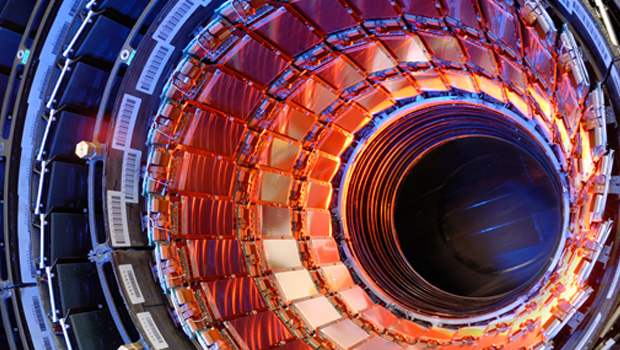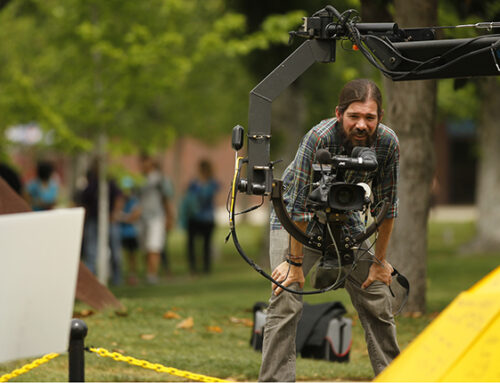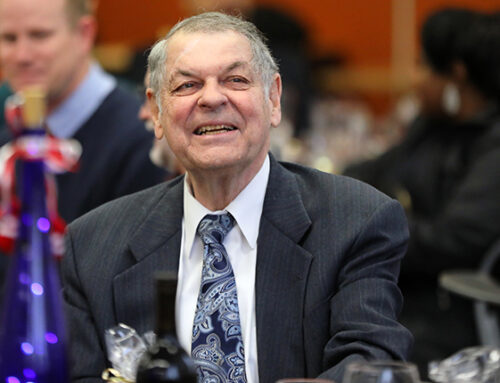The Royal Swedish Academy of Sciences today awarded the Nobel Prize in physics to theorists Peter Higgs and Francois Englert for their work developing the theory known as the Higgs field, which gives elementary particles mass. U.S. scientists, including those working in the ATLAS Program at California State University, Fresno, played a role in advancing the theory and discovering the particle that proves the existence of the Higgs boson (or “God particle”).
In the 1960s, Higgs and Englert, along with other physicists, published research introducing the theory of the Higgs field. On July 4, 2012, scientists on the international ATLAS and CMS experiments, performed at the Large Hadron Collider at CERN laboratory near Geneva, Switzerland, confirmed this theory when they announced the discovery of the Higgs boson.
Physicists, including Fresno State faculty Dr. Yongsheng Gao and postdoctoral researcher Dr. Harinder Bawa, and students from 89 U.S. universities participated in the ATLAS and CMS experiments.
“The Higgs discovery is considered one of the greatest discoveries in particle physics in the last few decades,” said Gao, an associate professor in the Department of Physics at Fresno State who has been involved in the ATLAS Experiment for about 10 years. “This discovery is key to our understanding of the universe and is rewriting our physics textbooks.”
Fresno State is the only one of the 23 California State University system schools involved in the Higgs discovery. Fresno State ATLAS faculty and postdoctoral researchers, together with other physicists involved with the ATLAS Experiment, publish about 100 papers per year in top physics journals.
Gao helped Fresno State land three National Science Foundation grants totaling $1.6 million to help fund the university’s research efforts.
Gao is now working to expand the ATLAS Program by reaching out to others in the CSU system. So far, 24 CSU students (including 15 from Fresno State) have worked at CERN with Fresno State’s ATLAS Program.
“It is a privilege for a student to work at CERN and working experience at CERN prepares our students for their personal and professional success in an increasingly competitive, global and multi-cultural society,” Gao said.
Six students from Fresno State and California State University, Channel Islands worked at CERN this past summer and will give a colloquium on campus at 3 p.m. Friday, Oct. 11 in McLane Hall Room 162.
For more information, contact Eddie Hughes, writer/public affairs specialist, at 559.278.4378 or eddieh@csufresno.edu.
Related Links:



